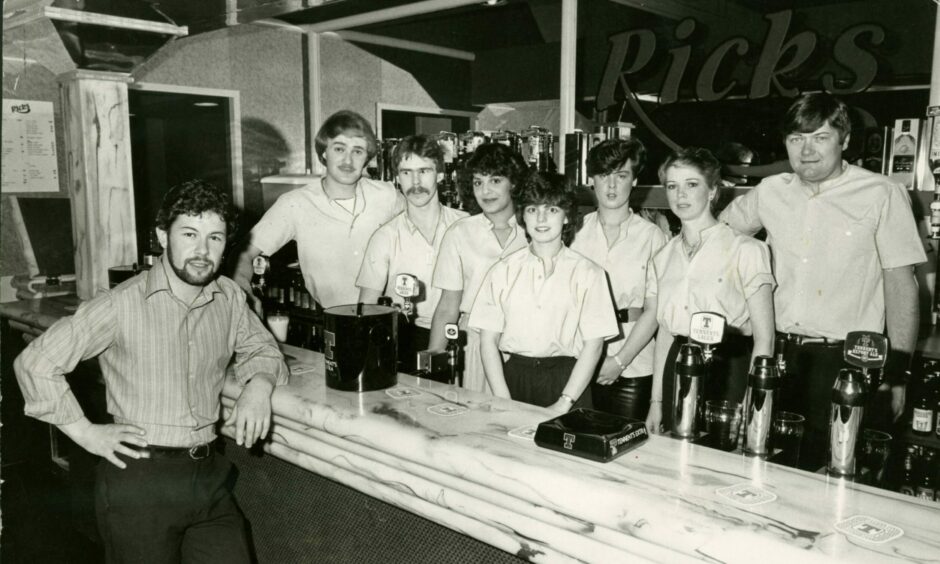
Rick’s Disco was the library-turned-nightclub modelled on glitzy London nightspots with the aim of catering for a more discerning clientele.
Rick’s opened in the former St Roque’s Reading Rooms at Blackscroft in May 1983 after a £200,000 transformation and was “destined to become the haunt of the smart set”.
But it wasn’t just about music.
It was also about meeting people and showing off.
The owners wanted to attract “top end of the market clientele”.
Heartbreakers and dancefloor demons lucky enough to have experienced its magic in the 1980s will remember its unmistakable décor and pink and red colour scheme.
Rick’s Disco soon became recognised across the city and beyond.
Library became a nightclub
When St Roque’s Reading Rooms were unveiled in 1910 as a place for quiet study, nobody could have imagined the library would one day become a nightclub.
Designed by city architect James Thomson and inspired by a French pavilion, the building features elegant arches and carved stonework.
It is set in a triangular garden with railings and a terrace overlooking the Tay.
The B-listed structure was designed for the reading of magazines and newspapers, with a section for use by ladies.
The library itself made the news in 1949 when the lead flashing was stolen from the roof – and later discovered hidden in a pram in a close on Victoria Street.
Membership started to decline after the Second World War and it was latterly used for storage before beginning to fall into disrepair in the 1970s and early 1980s.
The enterprise of two businessmen ensured the building was saved in 1982 with the former branch library being turned into a nightclub over a period of eight months.
‘Advanced’ sound and lighting equipment at Rick’s Disco
An Evening Telegraph advertising feature published in 1983 suggested Rick’s Disco would have no difficulty in establishing itself at the forefront of local night spots.
It read: “The new role of the library is that of an exclusive cross between a nightclub and a discotheque, called Rick’s.
“The brains behind the venture are managing director Mr Richard Robinson and company secretary Iain MacDonald who make up Blackscroft Entertainments Ltd.
“They envisage Rick’s as an upmarket night spot, and the sumptuous décor should ensure that they attract top end of the market clientele.
“As the building is listed, they have ensured that it and the garden have been restored to their original glory with the real changes being kept for the interior.
“Local tradesmen were used where possible.
“The style is in the neo-classical vein with the dominant colours being red and pinks.
“Chrome and mirrored material have been used throughout but perhaps the main feature is the marble effect fittings.
“The tables are made of this as are pillars which flank the dance floor.
“The twin bars which are illuminated from behind are also of the streaked marble effect. Italian-style light fittings and metallic wallpaper are also featured.”
The advertising feature said £23,000 had been spent on the sound and lighting equipment “which must surely be amongst the most advanced anywhere in the area”.
So extensive was the array of controls for the lighting and smoke machine the DJ needed an assistant to work them while he was spinning the vinyl behind the decks.
What tunes would you have been dancing to when Rick’s opened?
Spandau Ballet, Wham!, Human League, Hot Chocolate, Tears for Fears and Yahoo were all in the charts and would have blasting out of speakers in May 1983.
Richard Robinson spoke to the Evening Telegraph and said Rick’s came about when they saw that there was an opening in Dundee for a “top class night spot”.
“We will be looking for over 21s, the sort of people who want to enjoy the most modern and best discotheque facilities,” he said.
Mr Robinson said Rick’s was on a par with similar establishments in London and would be ideal for people “who have guests up from London who have to be entertained”.
Although capacity was 170 the owners did not intend to let it get to “shoulder to shoulder” as that would “not be in keeping with the image of the establishment”.
What was the dress code at Rick’s Disco?
Patrons would not be expected to wear collar and tie but denims were banned!
Mr Robinson said customers should feel at home in Rick’s “whether they are wearing casual clothes or an evening suit”.
The staff of 20 would also be smartly but not formally dressed in a “uniform” of black skirt or trousers with a grey collarless shirt which featured the Rick’s logo.
Snacks would be available and Rick’s opened from 8pm-2am, Wednesday to Sunday.
The twin bars in the nightclub were fully stocked with a complete range of beers and spirits and the owners highlighted the “added advantage of a refrigerated cellar”.
Drink prices were “comparable to other establishments in town” and back in May 1983 you would probably have expected to pay 67p for a pint and £2 for a bottle of wine.
Changed days!
So what was the Evening Telegraph’s verdict?
“Rick’s is destined to become the haunt of the smart set within a short time.
“The rejuvenation of the former library has not only saved a building of note, it has brought some life to the Blackscroft area of the city.
“Rick’s and the gardens are to be floodlit at night and should soon become a familiar landmark to people out for a night on the town.”
The Evening Telegraph checked in again in August 1983 to update readers and said Rick’s was “steadily becoming one of Dundee’s most popular night spots”.
It read: “From the outside the building doesn’t look too glamorous – it’s a listed building and bound by strict regulations – but stepping through the door is like stepping into another world.
“With its high quality décor and friendly helpful staff, Rick’s attracts a good variety of people looking for an enjoyable night out.
“It’s not a big place, the capacity is about 250, but it has a terrific atmosphere and the people there when we visited certainly seemed to be having a good time.”
They were.
Two major fires struck the building
Tragedy struck only a year after it opened.
The former library had to be stripped back to a bare, four-wall shell after it was gutted by fire in May 1984 following an electrical fault.
The owners restored the interior of the building, only to have it gutted by fire in 1989.
Two years later it reopened as the Peep o’ Day function suite and John O’Groats pub, before closing down again in 1993 after suffering from financial difficulties.
The venue became a clubbing destination on and off from the mid-90s and was latterly the Reading Rooms, which was at the forefront of the underground club scene.
Jim Grieve, aka Jimmy Sykes, whose first reggae promotion was at the Victoria Road nightclub Blazers in 1983, became the proprietor of The Reading Rooms in 2001.
Jim and his brother Grant started attracting top DJs and music acts crossing genres from electro, dubstep, reggae, funk, soul, techno, drum ‘n’ bass and beyond.
Reading Rooms was an institution
London agents were soon calling Jim first to get their acts booked in for Scottish dates including one of reggae’s founding fathers who had crafted sounds for Bob Marley.
Reggae giant and dub pioneer Lee ‘Scratch’ Perry performed with the Robotiks backing band including The Mad Professor on the mixing desk on April 3 2003.
Here was a man Keith Richards once described as “the Salvador Dalí of music”.
The city’s streets were already deserted by the time Perry was driven from his hotel to the venue where 400 people were already inside.
“Yes it’s a busy ghost town,” said Perry.
“The ghosts are all out tonight, they know Scratch is here.”
Perry was draped like a magpie in dozens of medals, trinkets, badges and pendants while wearing a hat that was covered in mirrors.
He looked every inch the self-styled ‘Jamaican ET’.
“I am an alien from the other world,” he said.
“I live in space – I’m only a visitor here.”
He was every bit as eccentric as his reputation implied, and then some.
The crowd was transported back to the sounds of ’70s Kingston by Perry and set highlights included Zion’s Blood, Inspector Gadget and Come Go With Me.
His 2003 performance reverberated far beyond the banks of the Tay and a blue plaque was erected by the fictional Dundee Department of Counter Culture to commemorate the night the man of much mystery, myth and legend performed live in the city.
Babyshambles, Jake Bugg, Biffy Clyro, Cast, Franz Ferdinand, Wheatus, Afrobeat Orchestra and Fat Freddy’s Drop would all perform at the Reading Rooms over the years.
The nightclub – also known as The Small Town Club (TSTC) – established a reputation as one of Scotland’s best venues and was referenced by the Wall Street Journal in 2017.
The Reading Rooms closed for the final time in 2019 after facing “insurmountable” challenges since 2018, following increased scrutiny from the authorities.
But memories remain of its days as one of Dundee’s best clubs.
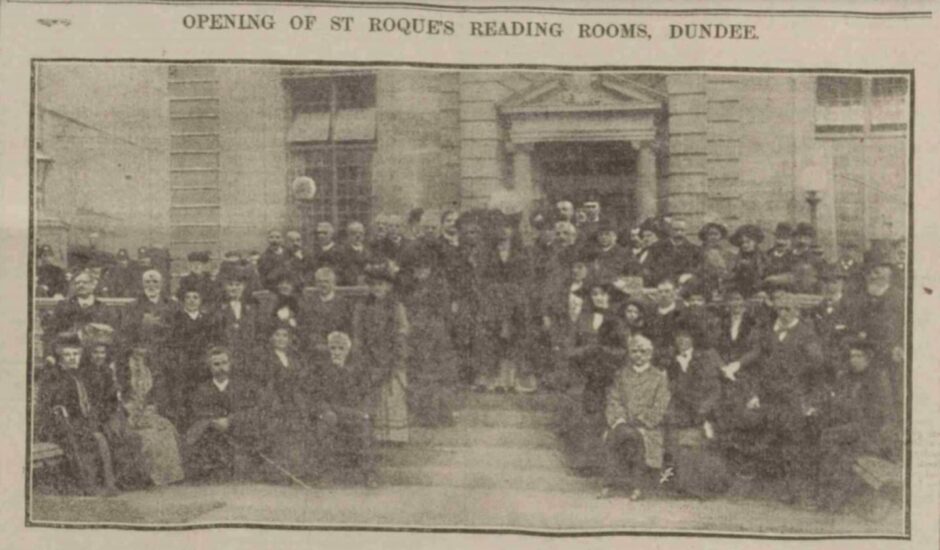
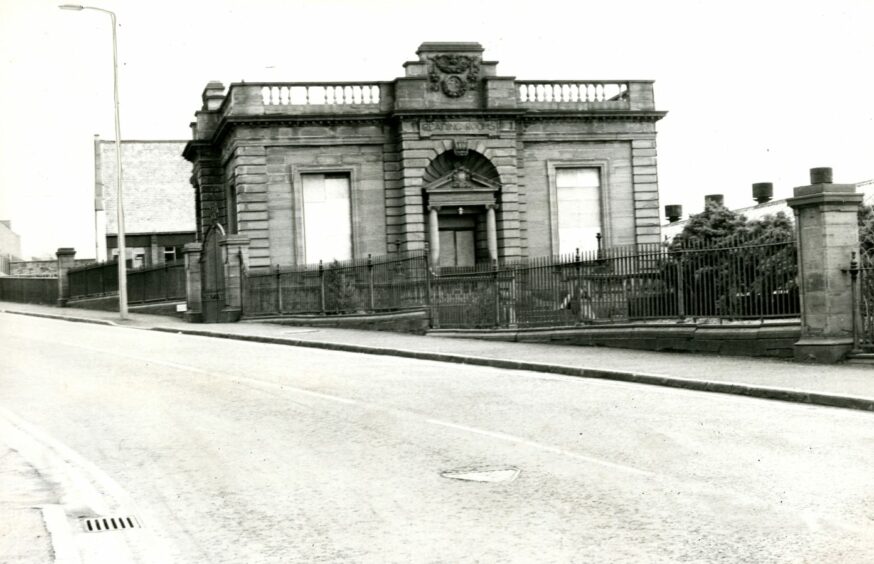
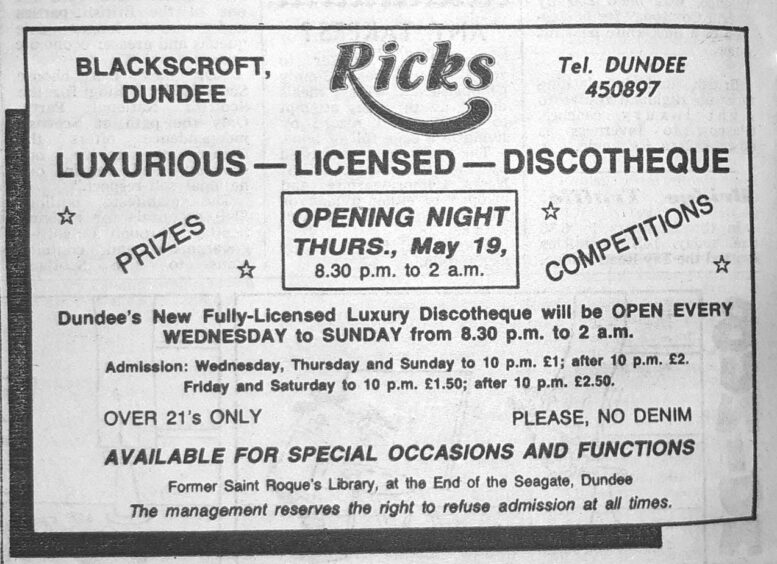
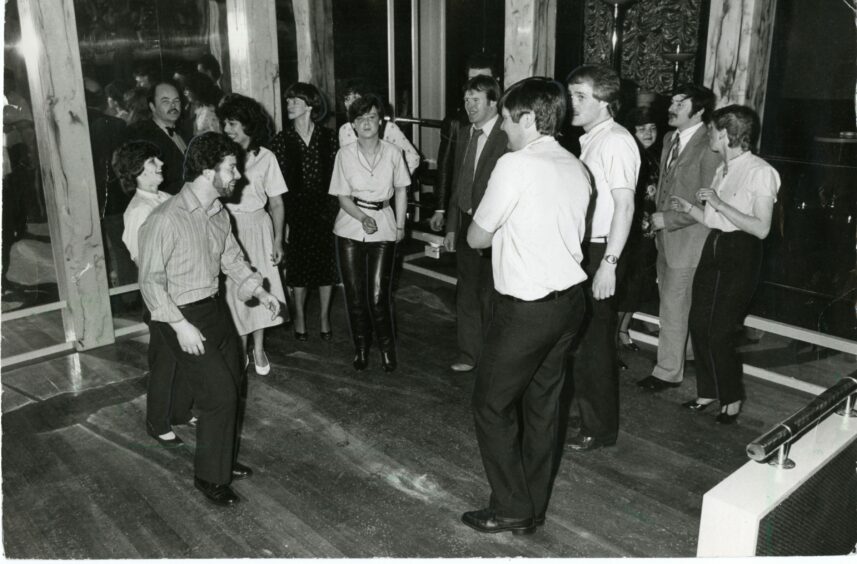
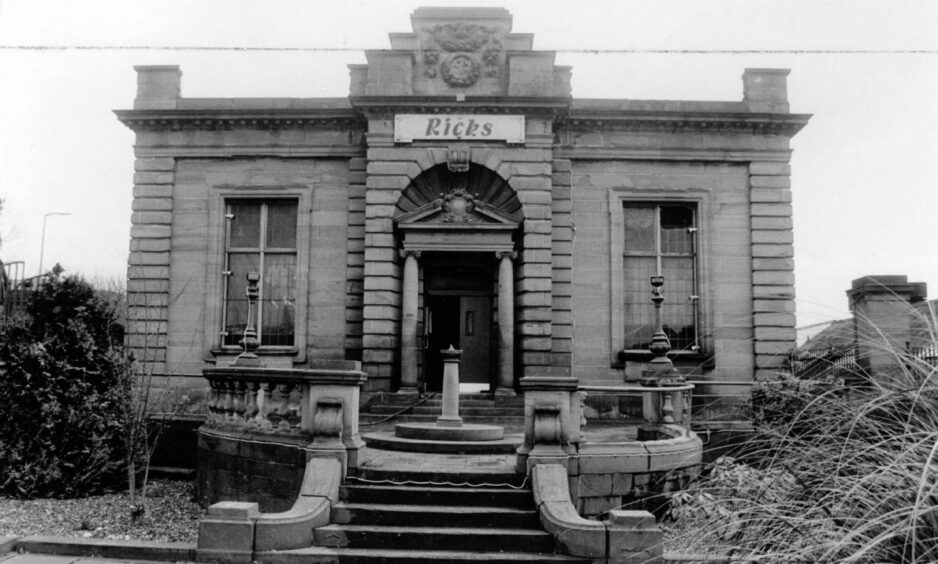
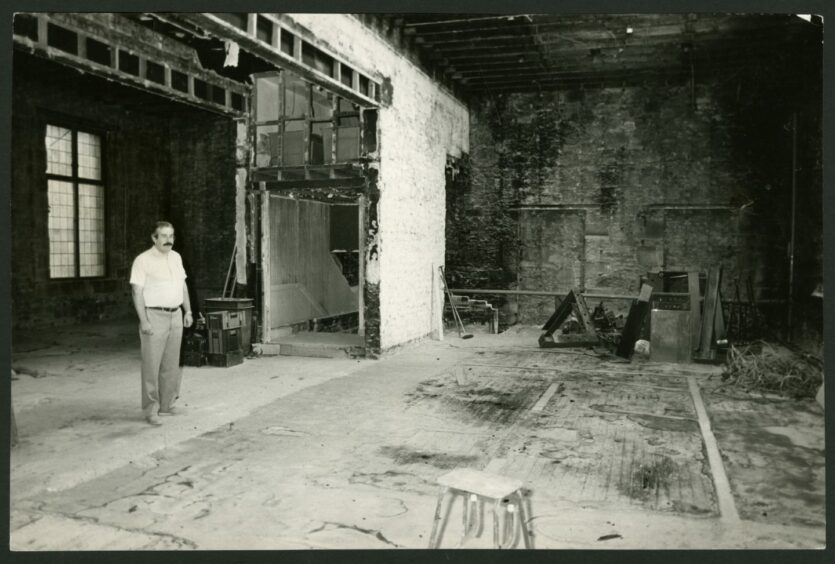
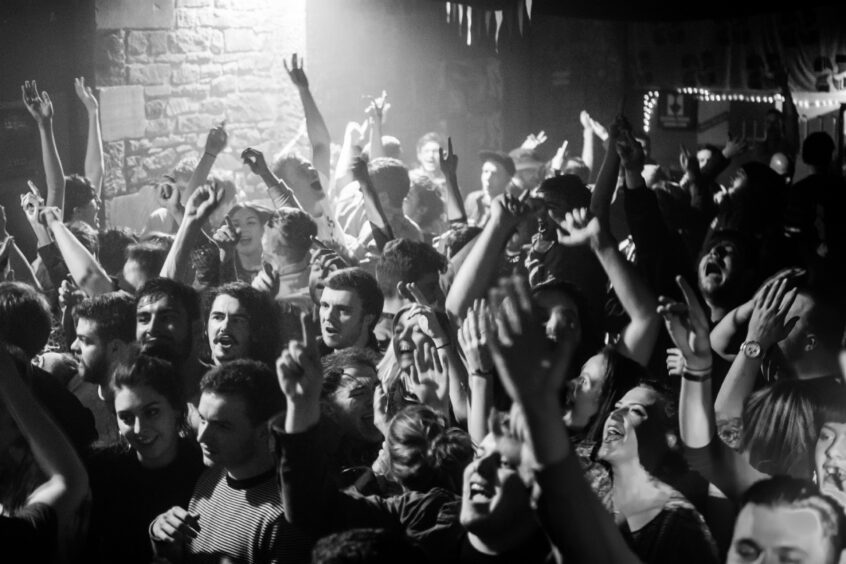
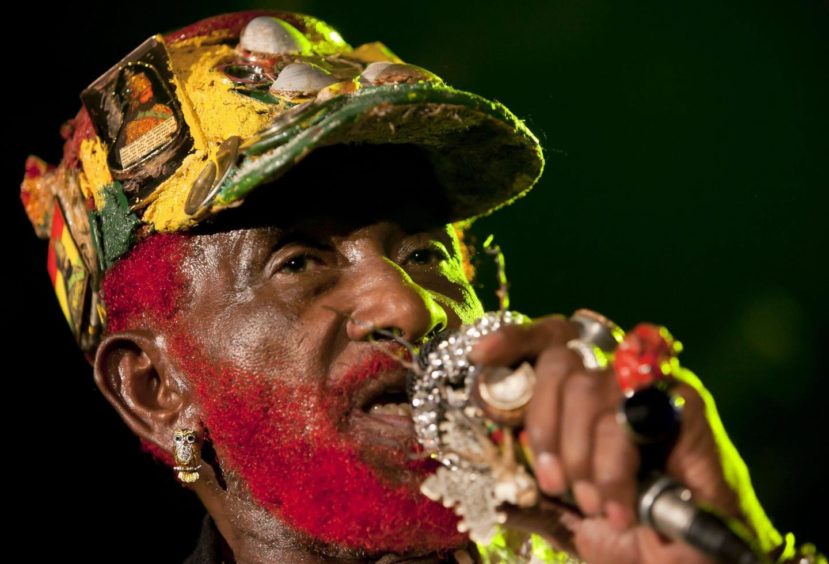
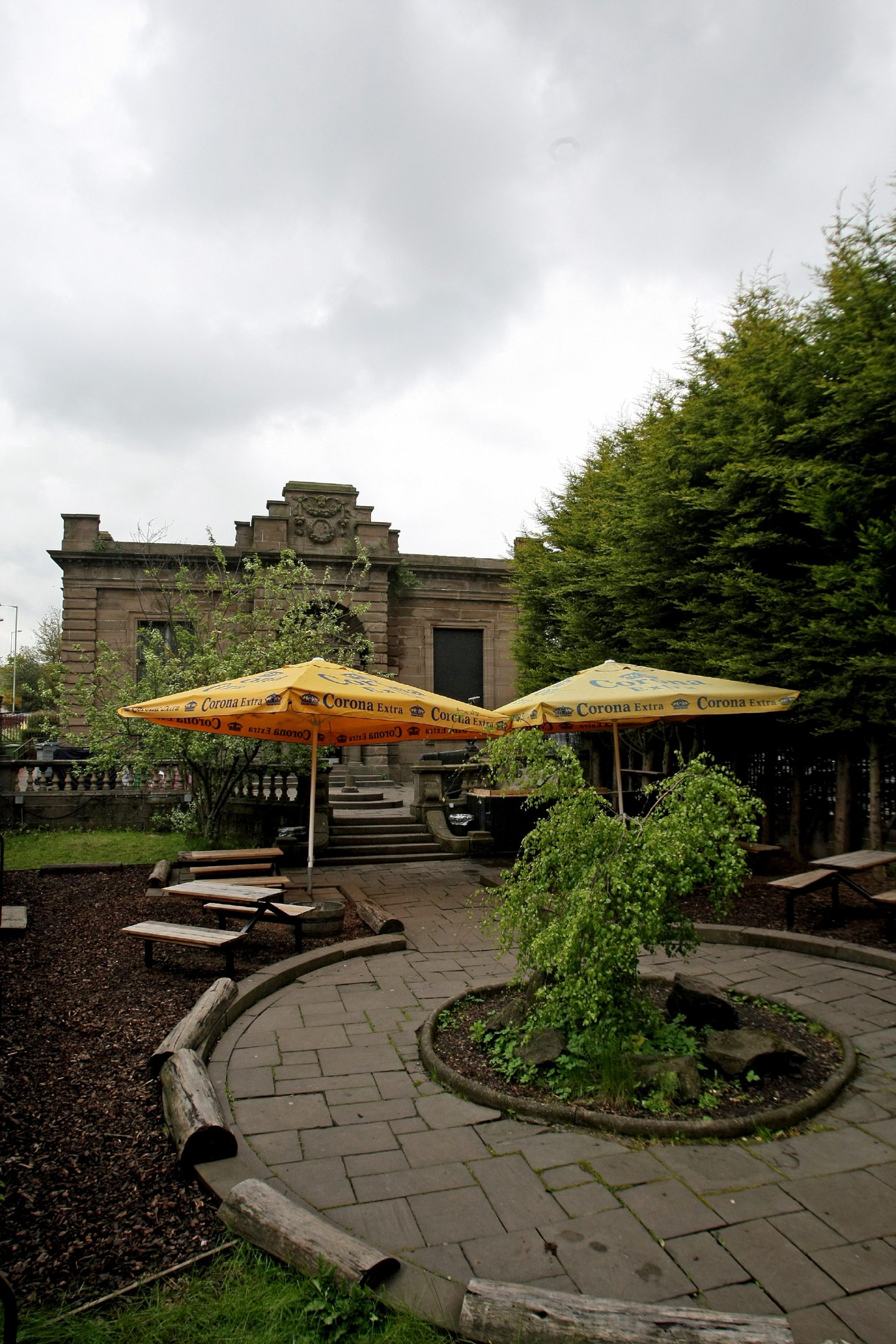



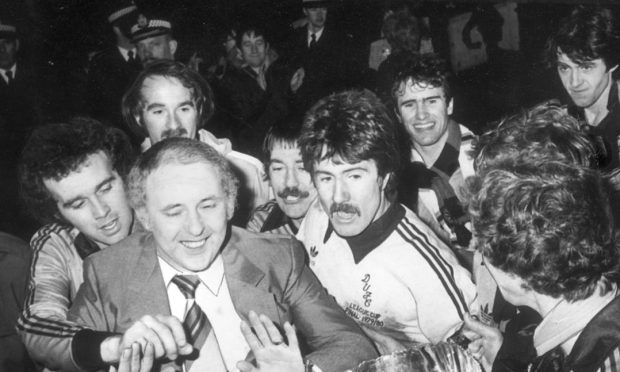


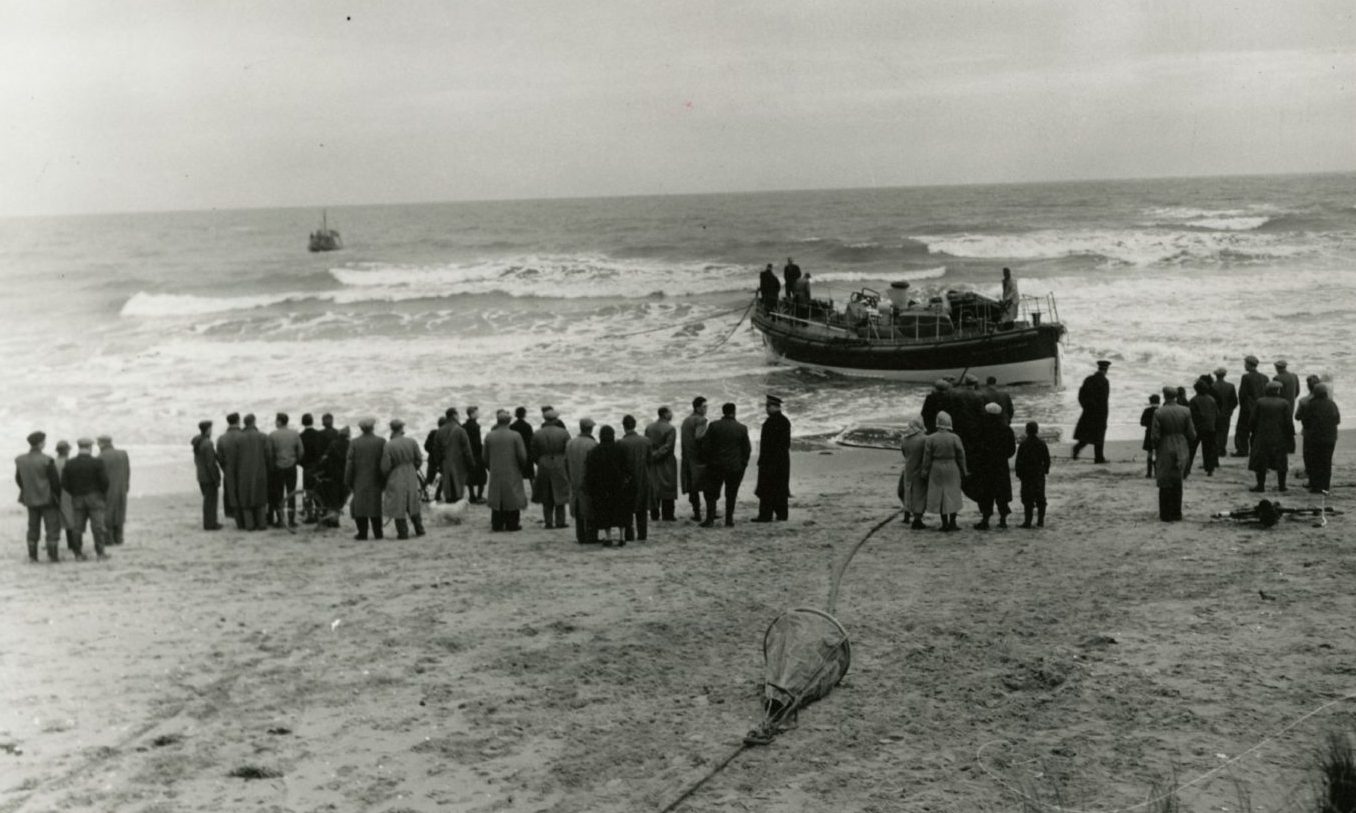
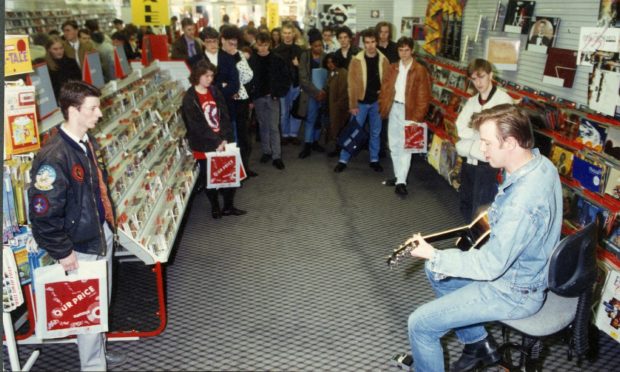
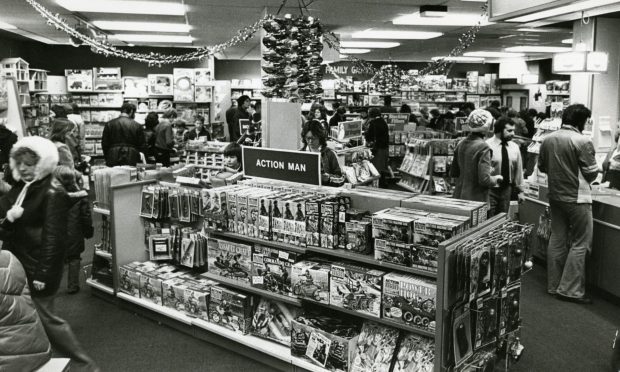
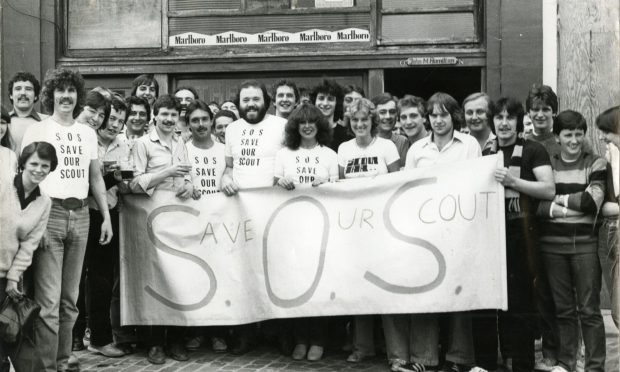
Conversation